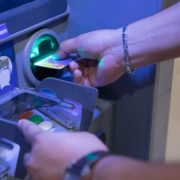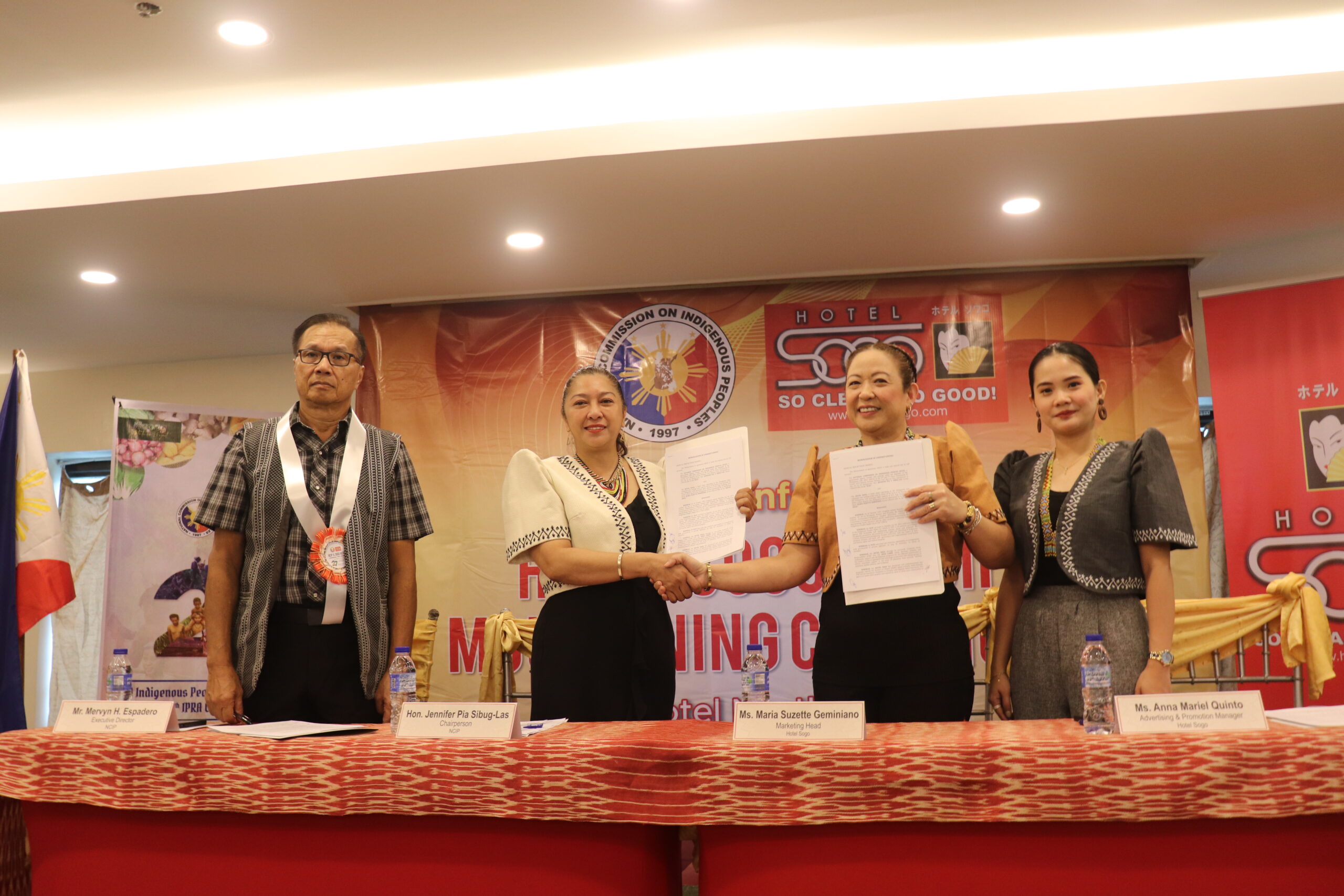
MANILA, PHILIPPINES (19 September 2018) — The Asian Development Bank’s (ADB) Board of Directors has approved a $300 million loan to support the Philippine government’s effort to expand financial services across the country, especially among entrepreneurs, small businesses, farmers, workers, and individuals, including women and vulnerable households.
The policy-based Inclusive Finance Development Program aims to help the Philippines develop a resilient and inclusive financial sector. The project will help the government strengthen the country’s institutional and policy environment for expanding financial services, invest in support networks and infrastructure such as the national retail payment system and the new national identification system, and improve the abilities of financial institutions, including rural banks, to offer financial products, particularly through the application of new technologies. As a result, more people are expected to open bank accounts, save more at financial institutions, and have access to a wider range of other financial products and services.
“The program reflects the strong commitment of the government and ADB to expand financial inclusion in the Philippines and address the challenge of high inequality, which has persisted despite rising and sustained economic growth,” said ADB Senior Financial Sector Specialist Ms. Kelly Hattel. “The program builds on important actions taken by the government to strengthen the policy framework for financial inclusion and the infrastructure that supports the delivery of these services. We believe this program has all the right ingredients to achieve positive gains in financial inclusion and to improve the lives of Filipinos from Tawi-Tawi to Batanes.”
Public and private sector entities that provide financial services will benefit from the program, Hattel said. Businesses, including micro, small, and medium-sized enterprises, and individuals will also benefit as they will have better access to a wider range of appropriate financial services and stronger protection against economic shocks.
The Philippine economy grew 6.7% last year, the fastest among members of the Association of Southeast Asian Nations. But the country ranks among the highest in income inequality, with a Gini coefficient of 0.44 in 2015, compared with 0.38 in Thailand. In 2017, only 34% of Filipino adults had a bank account, compared with 82% in Thailand and 49% in Indonesia. As of last year, just 12% of Filipino adults borrowed from a formal financial institution in 2017 and 35% of cities and municipalities had no banking offices.
In recent years, the government has taken steps to address low financial inclusion. In 2015, the government adopted its first National Strategy for Financial Inclusion and proposed reforms to expand financial services. For example, it has committed $40 million to support the development of a national identification system, which will improve data collection and help people, especially the poorest and the most vulnerable population without identification, to access financial services. The passage of legislation establishing a national movable collateral registry will expand lending to businesses by mitigating the risks for banks.
Since 2000, ADB has worked with the government and other development partners to support the Philippines’ goal of increasing financial inclusion. Areas of support cover agriculture finance, financial literacy, microinsurance and crop insurance, and Islamic finance. ADB is also supporting the effort of a rural bank in Mindanao to migrate its core banking system to a cloud-based core banking solution to reduce cost, improve efficiency, and increase overall outreach.
In addition to the ADB loan, the program may be funded by an additional €150 million in financing by the Agence Française de Développement and joint technical assistance, which will support the government’s goal of building a resilient and inclusive financial sector.
ADB is committed to achieving a prosperous, inclusive, resilient, and sustainable Asia and the Pacific, while sustaining its efforts to eradicate extreme poverty. Established in 1966, it is owned by 67 members—48 from the region. In 2017, ADB operations totaled $32.2 billion, including $11.9 billion in cofinancing.
–
This article was first published by the Asian Development Bank (www.adb.org).



